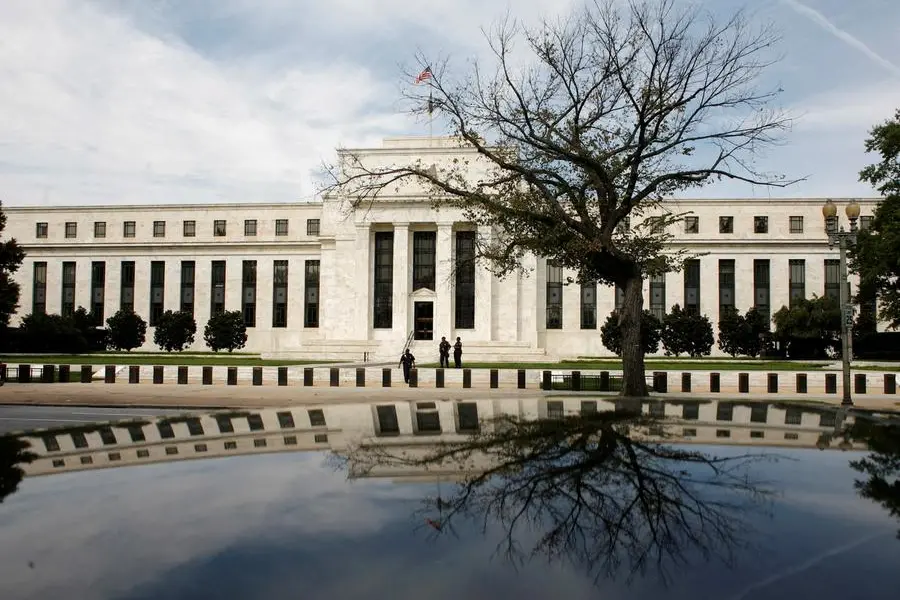PHOTO
The US Federal Reserve will make 100 basis points (bps) of interest rate cuts in 2025, which will be a factor in the continuation of the “Roaring 20s”, according to Swiss bank UBS.
The "Roaring 20s" witnessed a boom period, particularly in the US, marked with high growth, rising markets, and accelerated productivity growth.
Investment officers and economists said cuts of 25 bps, or 0.25%, per quarter could be expected from the US central bank. However, there is potential for President Elect Donald Trump’s policies to slow inflation reduction.
Mark Haefele, Chief Investment Officer of UBS Global Wealth Management, said 2024 had been a remarkable year for markets, and 2025 presents new opportunities and challenges, such as the “red sweep” of Trump’s US election victory, the escalation of the war in Europe and the risk of a trade war.
He said the bank’s base case is that while global growth will slow slightly, it will remain solid. “We expect about 100 basis points of Fed rate cuts in 2025, and that along with further developments in AI, drives 10% further upside for the S&P 500 by the end of 2025.”
However, if inflation is impacted by Trump’s headline policies, such as mass deportations of migrants, the cuts could be impacted, said Paul Donovan, Chief Economist, UBS GWM.
Trump’s long-threatened tariffs on imports are also a factor, Donovan said. The administration is expected to pursue a universal tariff, but problems around congressional and legal approval of such a policy could mean bilateral tariffs, which have less serious implications, are more likely.
“We would expect to see a series of graduated tariffs come through against China, and some bilateral tariffs on major imports from other countries, in areas where there are obvious US substitutes,” he said.
European cars are an example of an industry vulnerable to trade tariffs, as is any other sector which US industry is able to substitute.
Large-scale deportation of illegal migrant workers could create labour market bottlenecks or shortages, potentially leading to inflation, which would impact Fed rate cuts.
Drill, baby, drill
The impact of Trump’s other campaign slogan, “drill, baby, drill”, referring to his plans to increase US oil and gas production to lower domestic fuel prices, would be negative for the Middle East. However, it would not be as keenly felt as it once would have been, thanks to diversification efforts, Donovan said.
Increasing US oil production may see a widening in the gap between West Texas Intermediate (WTI) and Brent oil prices.
A negative oil price would be a drag on GCC economic growth, but it would likely be fairly muted, and US companies may be slow to take the opportunity to grow production as investing in oil exploration and drilling is a long-term investment, and there is a degree of caution as to what might happen after the next four years.
Themis Themistocleous, CIO EMEA, said Saudi Arabia’s non-oil GDP will grow at least 4% in 2025 thanks to government diversification efforts, which is likely to compensate for any oil price correction, but the extent will depend on the size of the correction.
(Reporting by Imogen Lillywhite; editing by Seban Scaria)





















